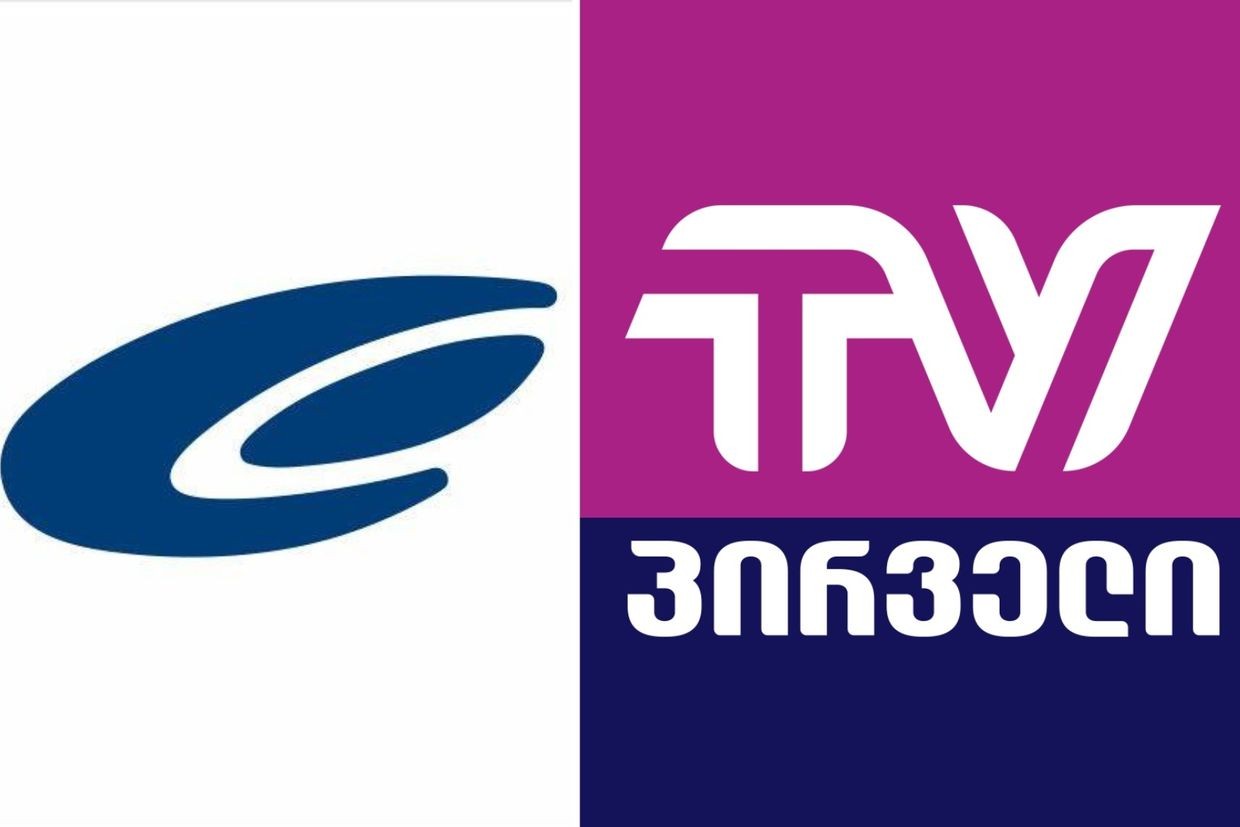
The opposition-aligned TV channel Pirveli has claimed that Cartu Bank, a bank established by Georgian Dream founder and billionaire Bidzina Ivanishvili, has pressed defamation charges against them for calling it ‘Ivanishvili’s bank’.
Pirveli’s head of news, Nodar Meladze, said the channel received the documents from Tbilisi City Court on Monday evening.
Meladze told OC Media that the case concerned a report aired during TV Pirveli’s main news program on 1 May, which covered a resolution by the European People’s Party (EPP), the largest political group in the EU Parliament, against Ivanishvili.
The report focused on a section of the resolution calling for disconnecting Cartu Bank from the SWIFT, Visa, MasterCard networks.
According to Pirveli, the bank claimed that the terminology used by the channel — including phrases like ‘Ivanishvili’s bank’ and ‘the oligarch’s bank’ — was defamatory and Ivanishvili was no longer officially in charge of the bank.
According to Cartu Bank’s website, the bank is owned by the Cartu Fund, which in turn is owned by Cartu Group, 35% of which is held by Uta Ivanishvili, Bidzina Ivanishvili’s eldest son. The remaining shares are held by ‘other individuals, none of whom own 5% or more’.
‘[Cartu Bank representatives] are disputing the information used in the report that Cartu Bank belongs to [Bidzina] Ivanishvili’, Meladze stated.
‘We did mention that the bank is registered under the son’s name, but the question was whether this formal separation will actually shield [the bank] from sanctions’, he added.
According to Meladze, among the other disputed phrases cited in the lawsuit was the sentence stating that ‘Bidzina Ivanishvili has repeatedly used his personal bank to hide assets’, as well as the journalist’s remark during a phone interview with the bank’s supervisory board chair, Nato Khaindrava, referring to her as ‘a representative of Bidzina Ivanishvili bank’.
Meladze further stated that the lawsuit demanded both a public retraction of the disputed information by the channel and the removal of the report from its social media platforms.
‘They claimed that the presence of this material [on our social media] is harming their bank’, Meladze added.
OC Media contacted Cartu Bank’s Khaindrava for comment, but had yet received a response by the time of publication.
In a statement on Tuesday, the Georgian media rights group Media Advocacy Coalition referred to the complaint against TV Pirveli as ‘yet another clear example of a targeted and repressive policy against the media’.
‘The repressive legislation adopted in recent months was created, among other things, precisely for this purpose — to further facilitate the use of strategic lawsuits against public participation (SLAPP) and to silence the media through intimidation’, the group added.
Since spring 2024, several restrictive laws passed by Georgian Dream have directly or indirectly affected the media. The process accelerated last November amid Georgian Dream’s decision to suspend its EU membership bid and the wave of mass protests that followed.
Georgian Dream imposed repressive coverage standards on TV broadcasters in April. In June, the ruling party invoked this law to file complaints with the Communications Commission against three opposition-aligned TV channels over the terminology used in their reports. The commission ruled that the channels had violated the regulations.
Under other amendments adopted in June, the burden of proof in defamation and libel cases was shifted from the plaintiff to the defendant. Under the same amendments, Georgian Dream also removed a provision that prohibited holding a defendant liable solely for refusing to disclose a professional secret or confidential source in free speech-related cases.
The restrictive laws are being passed in a parliament where opposition is virtually nonexistent, having vowed to boycott the elections following the disputed 2024 parliamentary elections, before being expelled en masse from parliament by Georgian Dream.
Since then, the ruling party has been initiating and passing new restrictive legislations without any obstacles, targeting the media, civil society, and other critics.











